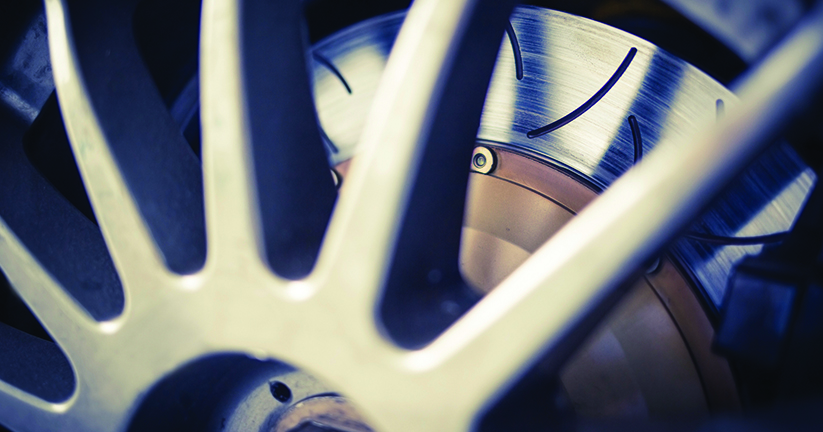
There are few parts of a vehicle more important than the brakes. Let them go too long and you run the risk of causing damage to your rotors, calipers, suspension, and tires. Not only that, but worn brakes are one of the primary factors in accidents that lead to bodily injury or even a fatality.
Clearly, it’s important to replace your brakes as soon as they start to wear, but how can you tell when it’s time for new brakes? If you’re not sure, take a look at the guide below.
Anatomy of Your Brakes
One of the keys to identifying when you need brake service is understanding the components found in your BMW brakes. This includes:
Master cylinder – powers the entire braking system, sends hydraulic fluid through the brake lines, and activates the pistons
Brake booster – located between the pedal and master cylinder, this increases the pedal pressure to improve stopping power
Brake lines – transports brake fluid throughout the braking system
Calipers – holds the major components of the system, including the piston, pads, and rotors
Pads – grip the rotors, causing your vehicle to slow down or stop
Rotors – directly connect to your wheels, this is what slows or stops their rotation
In premium brakes, the parts are essentially the same but are often made of higher-quality, lightweight materials. This may include calipers made of aluminum instead of steel or iron and rotors made of carbon-ceramic instead of the traditional cast iron.
Signs You Need Brake Service
Following your BMW’s maintenance schedule will help you catch many brake problems before they become an issue. However, there are time when that’s not enough. Here are a few signs that you need brake service.
Concerning Sounds
One of the first things drivers often notice is a disturbing sound when they apply their brakes. This could include scraping, grinding, or squealing. Ignore this at your own risk!
Shuddering
Any type of shaking, vibrating, or shuddering when you apply the brakes is also a sign of brake issues. This is often caused by warped rotors.
Brake Pad Wear
Regular wear and tear will cause your brake pads to thin. Although technically a brake pad thickness of 1 mm or more is considered safe, BMW drivers should replace their pads when the thickness reaches around 3 mm.
While a professional can measure this for you, it’s also possible to simply take a peek at them yourself. It’s fairly easy to see the pads, and if you don’t see at least a quarter-inch of thickness, it’s time for a replacement. If you notice an excessive amount of brake dust, this could be a warning sign as well.
Decreased Performance
If you find that you need to hold the brake down for longer or press harder before your vehicle comes to a stop, this is a sure sign that you have a brake problem. Since this decreased performance is only going to get worse, you’ll want to have this issue looked at right away.
Warning Lights
If your brake fluid is low, your warning light will come on. If a “P” lights up next to the warning light, then brake pad wear has been detected. Note that by the time this light comes on, the problem is fairly serious. This is why it’s never a good idea to rely on your warning lights alone.
Need BMW Brake Services? Turn to The HAUS
If you’ve noticed any of these red flags when you drive your BMW, don’t worry! Our certified technicians can get you in, out, and back on the road fast! We have two convenient locations and you can even book your appointment online. Contact us today to get started!
